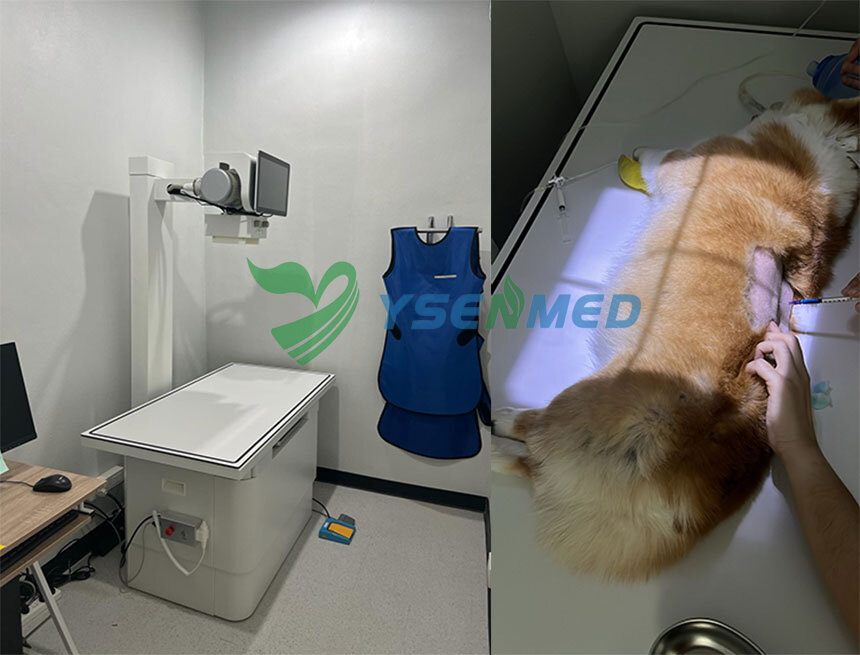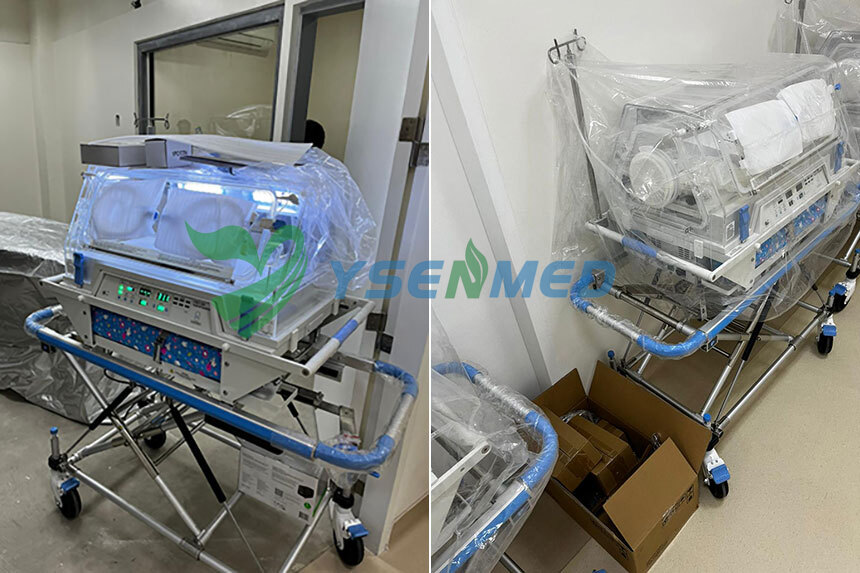Introduction:
Briefly introduce precision medicine and how it is changing the landscape of healthcare
Discuss the limitations of traditional diagnostic methods and how biochemistry analyzers can provide more accurate and personalized diagnoses
Section 1: What are Biochemistry Analyzers?
Define biochemistry analyzers and how they work
Discuss the different types of biochemistry analyzers and their applications in precision medicine
Explain how biochemistry analyzers can analyze blood, urine, and other bodily fluids to provide valuable diagnostic information
Section 2: Precision Medicine and Biochemistry Analyzers
Discuss how precision medicine is changing the way we diagnose and treat diseases
Explain how biochemistry analyzers can provide personalized diagnostic information based on a patient's unique genetic makeup, lifestyle, and environmental factors
Highlight the potential of biochemistry analyzers to identify biomarkers that can predict disease risk and guide treatment decisions
Section 3: Applications of Biochemistry Analyzers in Precision Medicine
Discuss specific examples of how biochemistry analyzers are used in precision medicine, such as cancer diagnosis and treatment
Explain how biochemistry analyzers can help identify specific genetic mutations that can guide targeted therapies
Highlight the potential of biochemistry analyzers to improve patient outcomes and reduce healthcare costs through more precise diagnoses and treatments
Section 4: Advances in Biochemistry Analyzer Technology
Discuss recent advances in biochemistry analyzer technology, such as the development of miniaturized and portable devices
Explain how these advances are making biochemistry analyzers more accessible and affordable for patients and healthcare providers
Highlight the potential for further technological advancements in the field of biochemistry analyzers
Section 5: Challenges and Limitations of Biochemistry Analyzers in Precision Medicine
Discuss the challenges and limitations of using biochemistry analyzers in precision medicine, such as the need for standardized protocols and data analysis methods
Explain how these challenges can be addressed through collaboration between healthcare providers, researchers, and industry partners
Highlight the importance of ongoing research and development to improve the accuracy and reliability of biochemistry analyzers in precision medicine
Conclusion:
Summarize the key points discussed in the article
Emphasize the crucial role of biochemistry analyzers in precision medicine and their potential to revolutionize healthcare
Encourage further research, development, and collaboration to advance the field of biochemistry analyzers in precision medicine.
In recent years, precision medicine has emerged as a promising approach to healthcare, offering personalized treatments based on an individual's genetic makeup, lifestyle, and environment. Biochemistry analyzers play a crucial role in this field, enabling healthcare professionals to analyze and interpret complex biological data with greater accuracy and efficiency.
Biochemistry analyzers are sophisticated instruments that measure the chemical composition of biological samples, such as blood, urine, and tissue. These analyzers use a variety of techniques, including spectrophotometry, chromatography, and immunoassays, to detect and quantify biomolecules such as proteins, enzymes, hormones, and metabolites.
The data generated by biochemistry analyzers can provide valuable insights into an individual's health status, helping healthcare professionals to diagnose diseases, monitor treatment efficacy, and identify risk factors for future health problems. For example, biochemistry analyzers can be used to measure blood glucose levels in patients with diabetes, monitor liver function in patients taking certain medications, and detect markers of inflammation or infection in patients with autoimmune disorders.
In precision medicine, biochemistry analyzers are particularly useful for analyzing genetic data. By measuring the expression levels of specific genes or proteins in a patient's cells, biochemistry analyzers can help healthcare professionals to identify genetic mutations or variations that may be associated with certain diseases or conditions. This information can then be used to develop personalized treatment plans that target the underlying causes of the patient's health problems.
One of the key advantages of biochemistry analyzers is their ability to analyze large amounts of data quickly and accurately. This is particularly important in precision medicine, where healthcare professionals need to analyze vast amounts of genetic and biological data to identify meaningful patterns and correlations. Biochemistry analyzers can process thousands of samples per day, generating precise and reliable data that can be used to guide clinical decision-making.
Another advantage of biochemistry analyzers is their versatility. These instruments can be used to analyze a wide range of biological samples, from blood and urine to cerebrospinal fluid and tissue biopsies. This makes them an invaluable tool for healthcare professionals working in a variety of settings, from hospitals and clinics to research laboratories and academic institutions.
Despite their many benefits, biochemistry analyzers are not without their limitations. Like all medical technologies, these instruments require skilled operators who can interpret the data generated by the analyzer and use it to make informed clinical decisions. In addition, biochemistry analyzers can be expensive to purchase and maintain, which may limit their accessibility in some healthcare settings.
Despite these challenges, biochemistry analyzers are likely to play an increasingly important role in precision medicine in the years ahead. As our understanding of genetics and biology continues to advance, these instruments will become even more sophisticated and powerful, enabling healthcare professionals to provide personalized treatments that are tailored to each patient's unique needs and circumstances.
In conclusion, biochemistry analyzers are an essential tool for healthcare professionals working in precision medicine. These instruments enable accurate and efficient analysis of biological data, helping healthcare professionals to diagnose diseases, monitor treatment efficacy, and identify risk factors for future health problems. As precision medicine continues to evolve,
biochemistry analyzers will play an increasingly important role in providing personalized treatments that improve patient outcomes and quality of life.




